
What is Tofu?
Tofu ("bean curd") is made from condensed soy milk pressed into solid blocks and then cooled. Tofu is an easily digestible, buttery, smooth-textured, cheese-like food made by curdling fresh hot soymilk with one or more coagulants. Making tofu is similar to the traditional cheese-making process by curdling and solidifying milk. Like other soy foods, tofu came from China about 2000 years ago when a Chinese accidentally curdled soya milk and added nigari seaweed. While tofu can taste sour and bland before it's been cooked or seasoned, it can also be savory, sweet, crunchy, or soft when prepared correctly.
What Types of Tofu Are There?
Tofu is categorized by texture or consistency, which is determined by the water content. The more water content in it, the tofu will be silkier, whereas if the water content is low, the tofu is firmer. Tofu can be silken or regular. Silken tofu is unpressed and undrained coagulated soy milk. It has high water content, making silken tofu have a very brittle texture like a custard texture. Silken tofu works well in creamy and blended foods like smoothies, desserts and puddings. It can also be an egg substitute for baking.

Regular tofu is pressed, has a spongy texture and comes in several varieties distinguished by how much water is pressed out. Regular tofu is further divided into soft, medium, firm, extra-firm and super-firm. Soft tofu has a higher moisture content, while super-firm has lower moisture content and a dense texture. Soft tofu is slightly less smooth but can be used in the same way as silken tofu. Meanwhile, firm tofu can be pan-fried. Among all the types of tofu, firm tofu is the most versatile and widely in supermarkets. There is a traditional food called Tahu In Indonesia, which has the same shape and manufacturing process as firm tofu. It is also fried or use as a soup as firm tofu.
Health Benefits of Tofu
Tofu is a good source of protein and contains the 9 essential amino acids vital to healthy living and a balanced lifestyle. Tofu is also an excellent source of calcium, iron, and some minerals, such as manganese, selenium, phosphorous, magnesium, copper, zinc, and vitamin B1. According to USDA, tofu contains protein (10.59 g / 100g), fiber (1.2 g / 100g), calcium (118 mg / 100g). A high intake of legumes, like soy, is associated with lower rates of heart disease. Tofu is also known to contain soy isoflavones and saponins that have protective effects on heart health, reduce the risk of diabetes, lowered blood glucose levels and cholesterol. A recent study also observed that a higher intake of tofu was linked to a 61% lower risk of stomach cancer in men. Isoflavones have a similar chemical structure to oestrogen (a female hormone). They, therefore, mimic the action of oestrogen produced by the body. Isoflavones can be combatting symptoms and conditions caused by estrogen deficiency. This is very beneficial for premenopausal and postmenopausal women. In addition, isoflavones may also play a role in fighting cancer.
Is Tofu Good for Weight-Loss?
Soy-based foods are rich in isoflavones. Just one serving of a traditional soyfood, such as 100 g of tofu or 250 mL soymilk, can provide about 25 mg of isoflavones. These isoflavones are known to reduce BMI, especially in dosages of <100 mg / d for 2-6 months, but not in higher doses or longer intervention lengths. Isoflavones also caused a nearly significantly reduced BMI in Caucasians compared with Asians. Additionally, tofu can be a great source of low-calorie protein for weight-loss. It's a plant-based protein - like beans and corn - but tofu is lower in carbohydrates than these sources. One study showed that soy products significantly reduce body weight (0,59 kg) in overweight Asian populations.


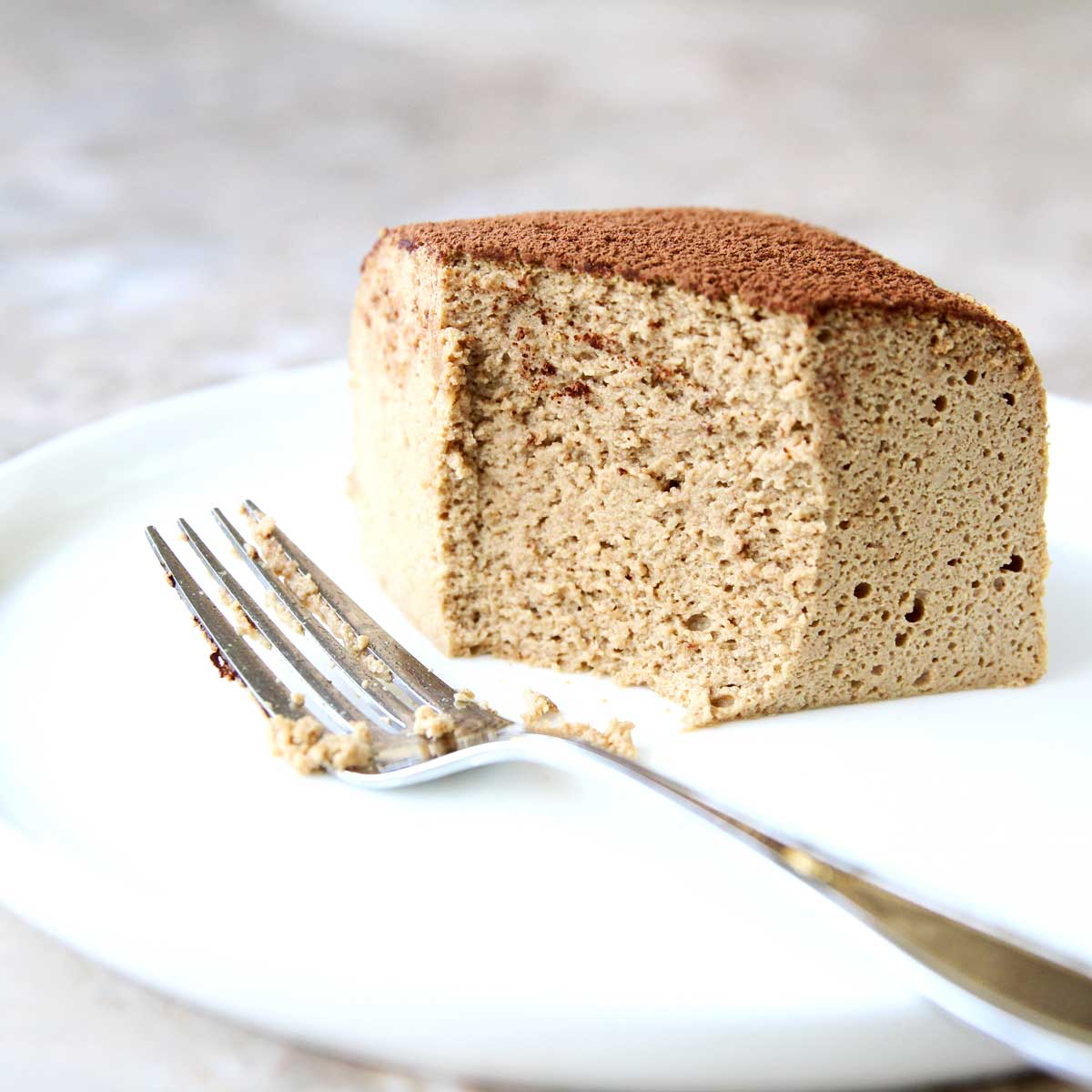
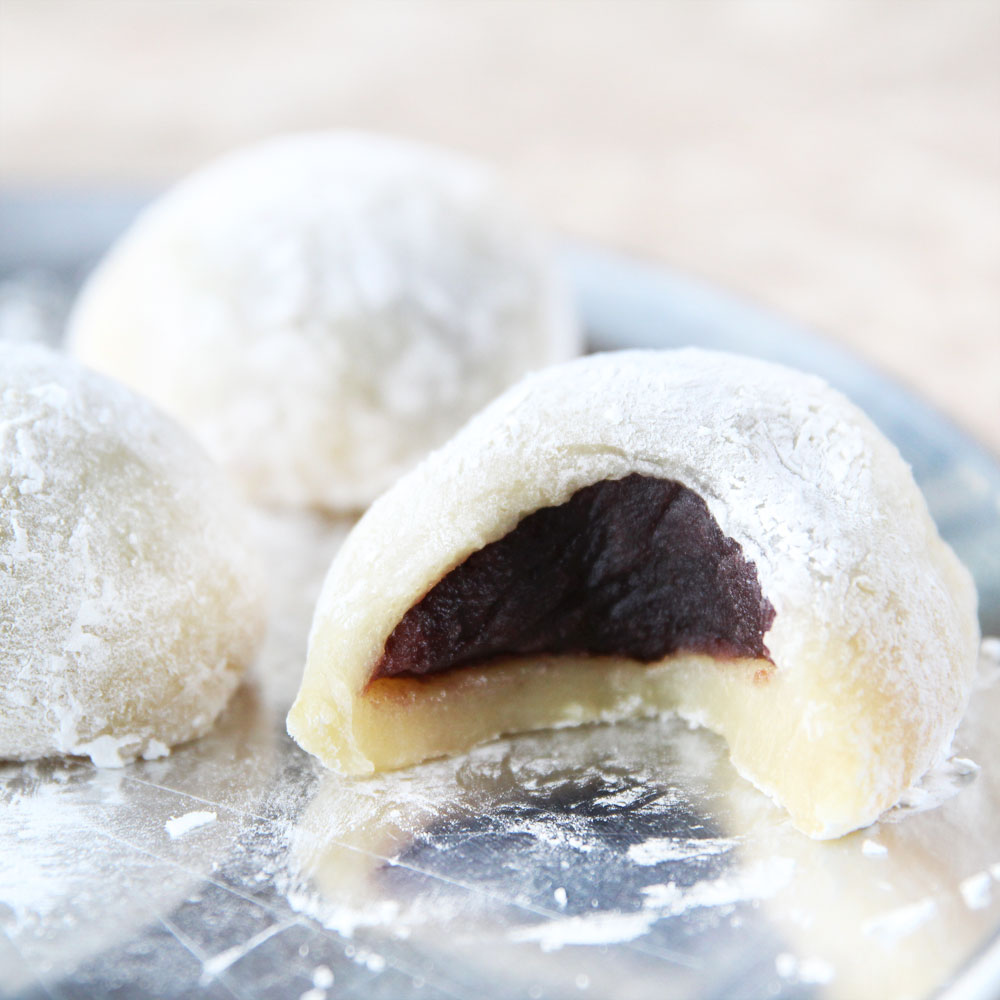
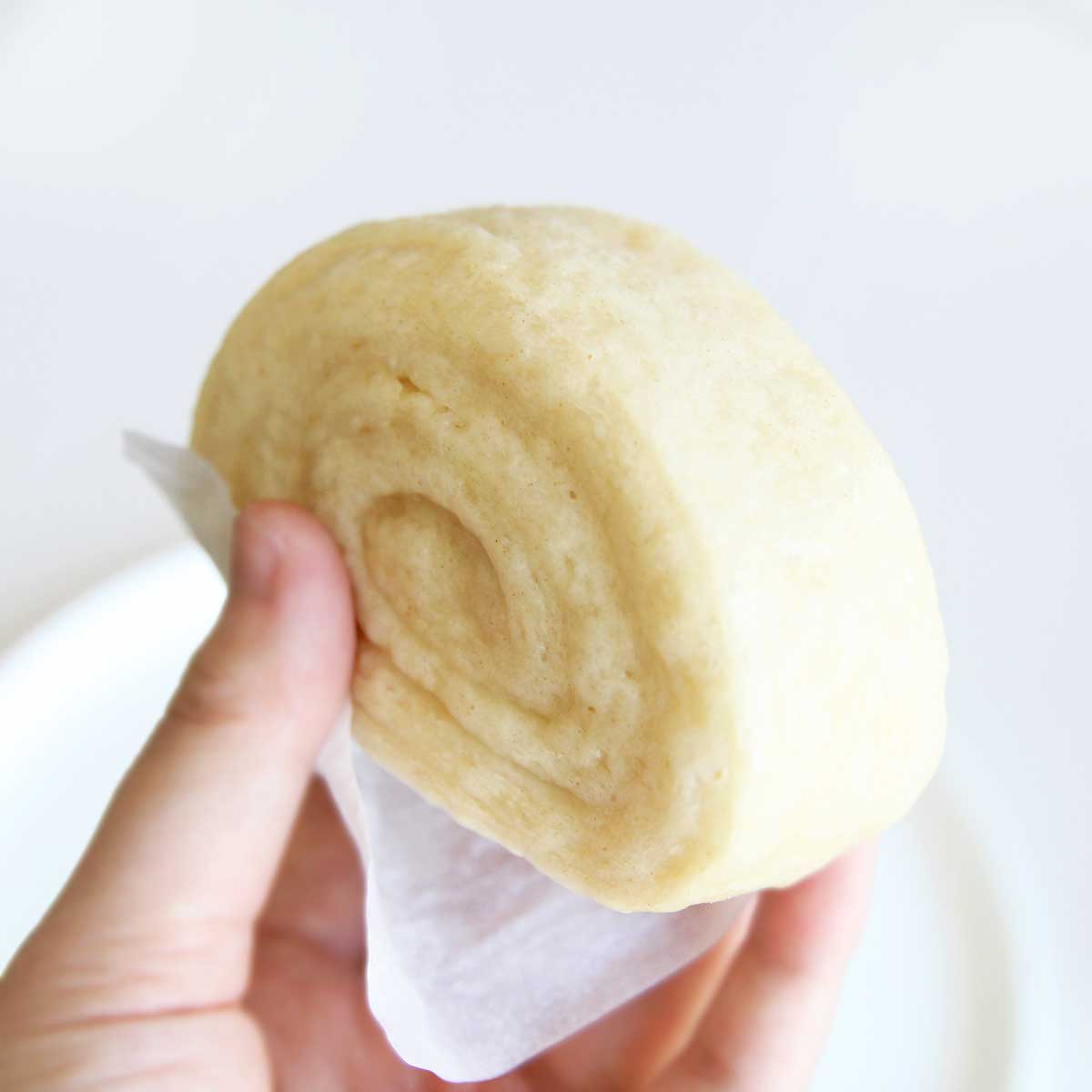
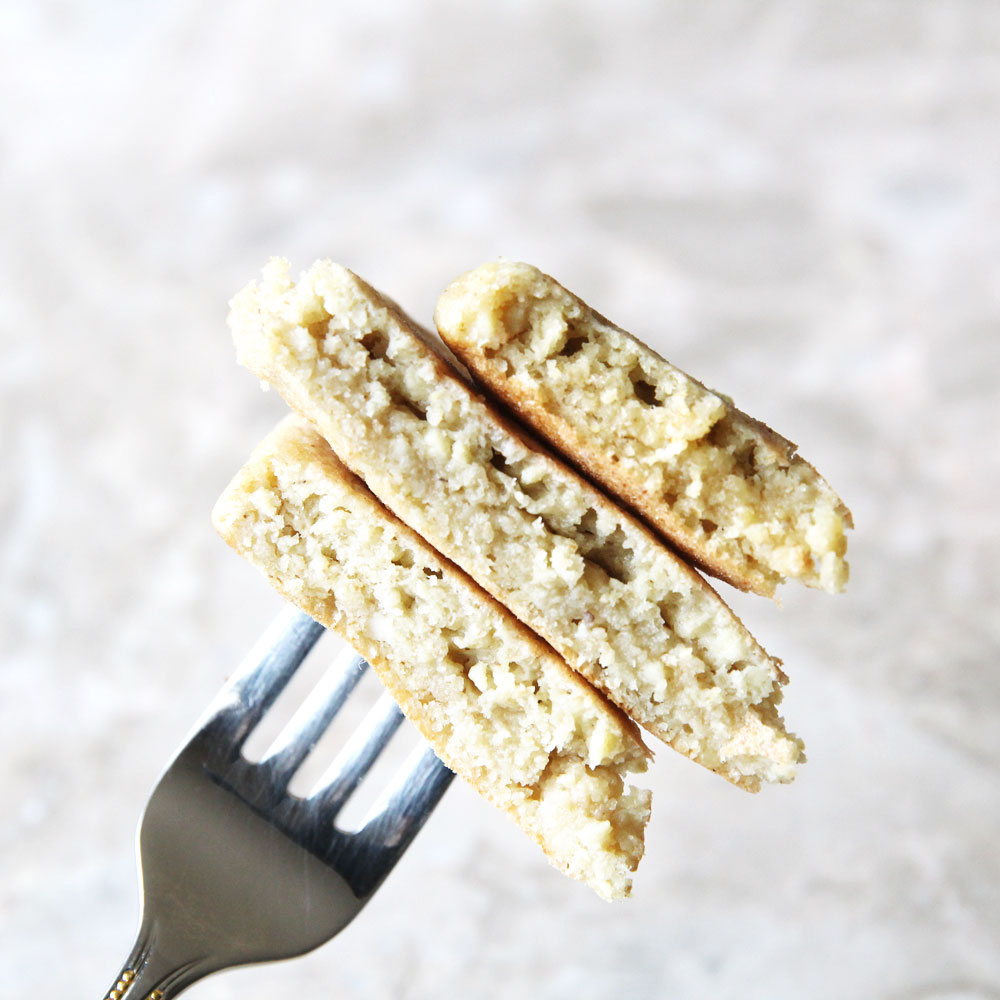


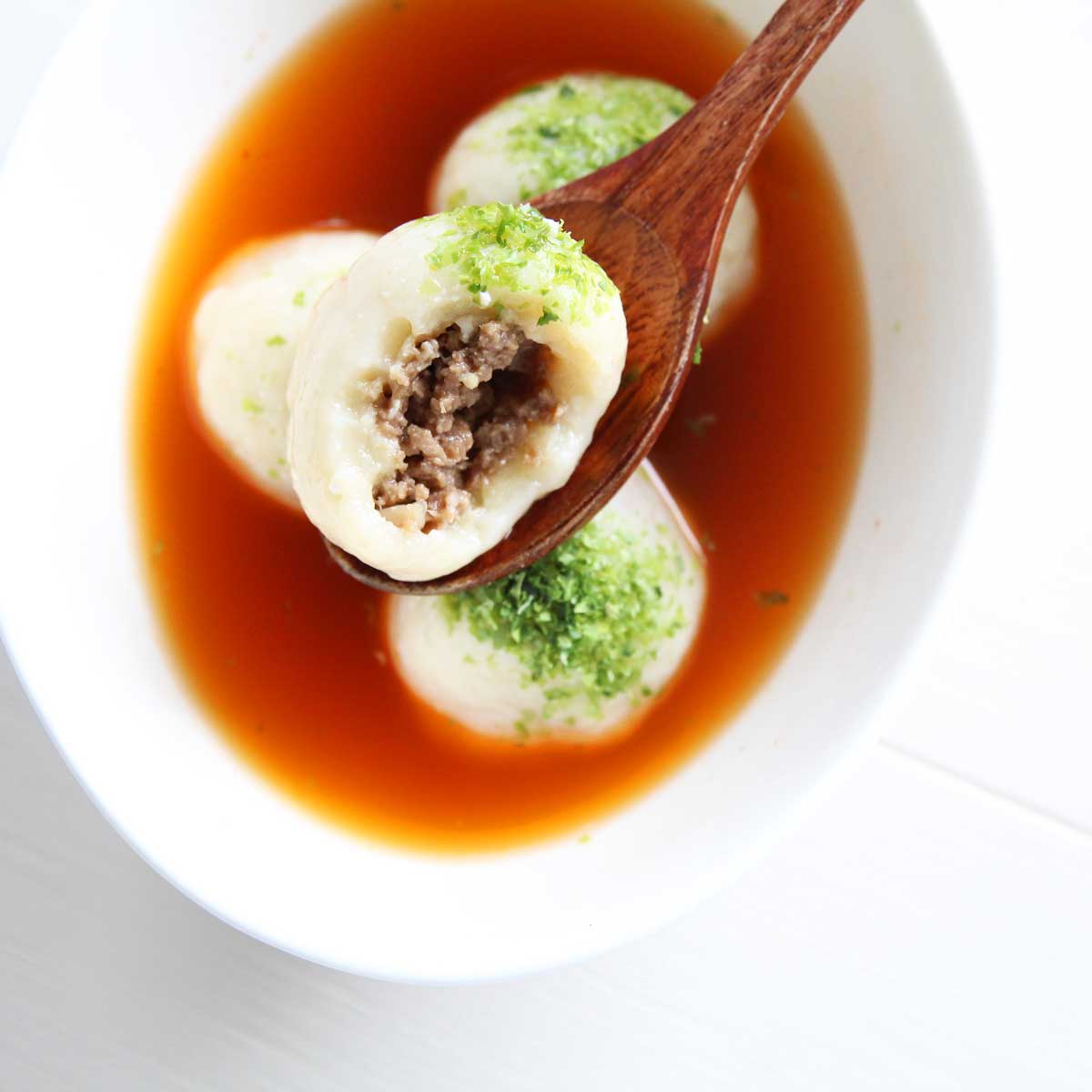
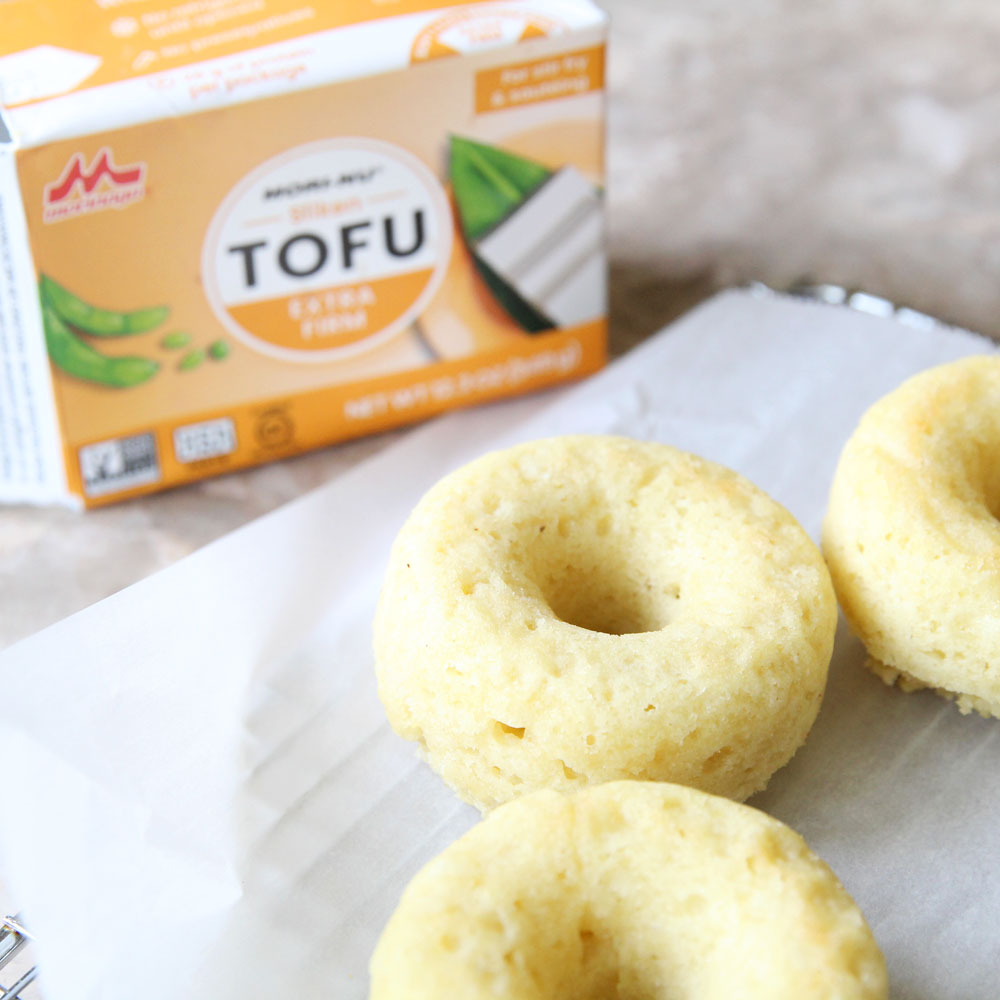
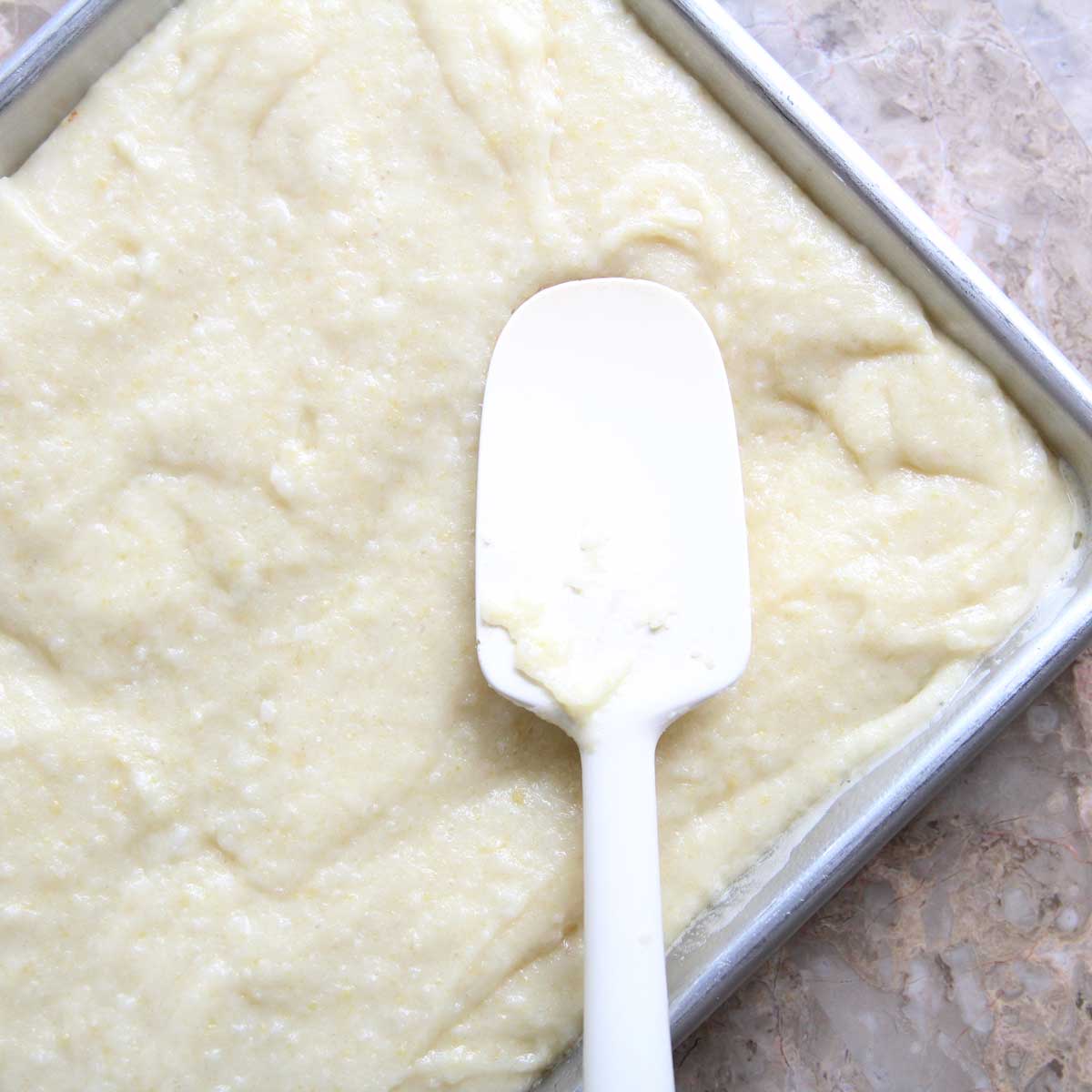

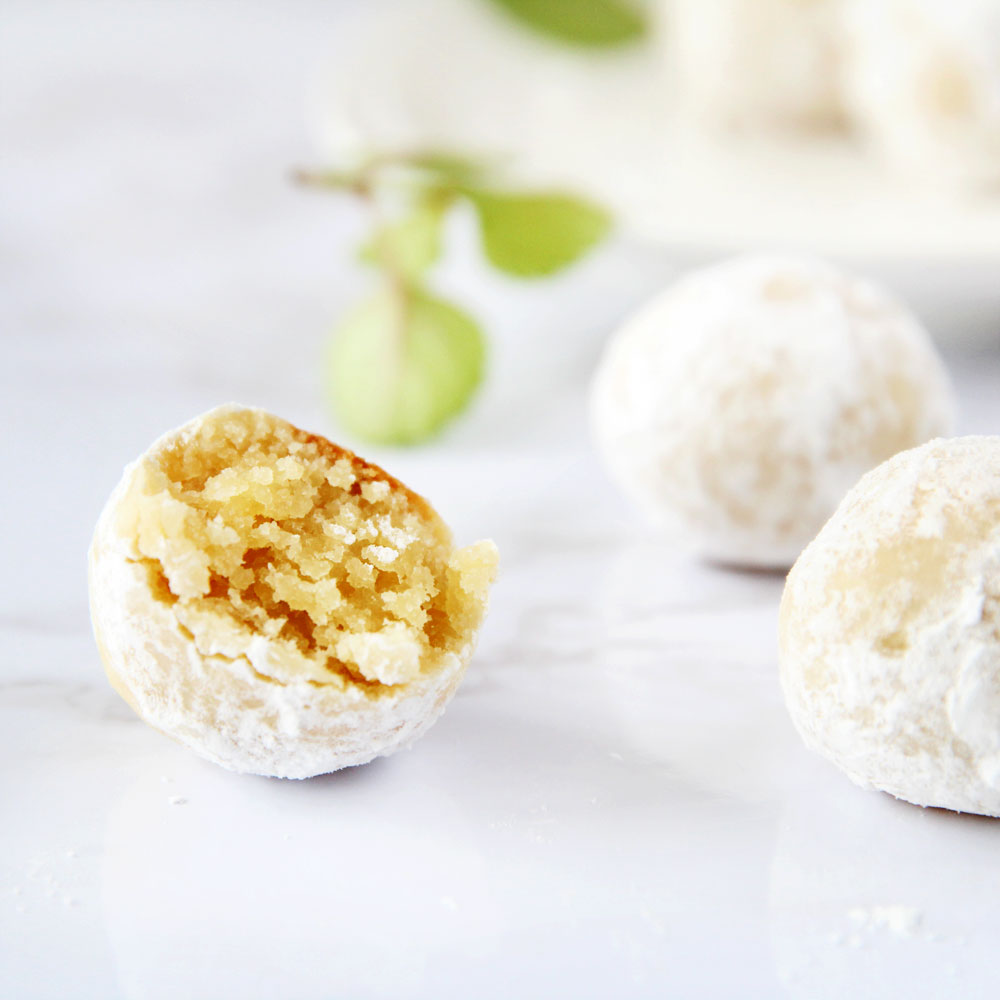
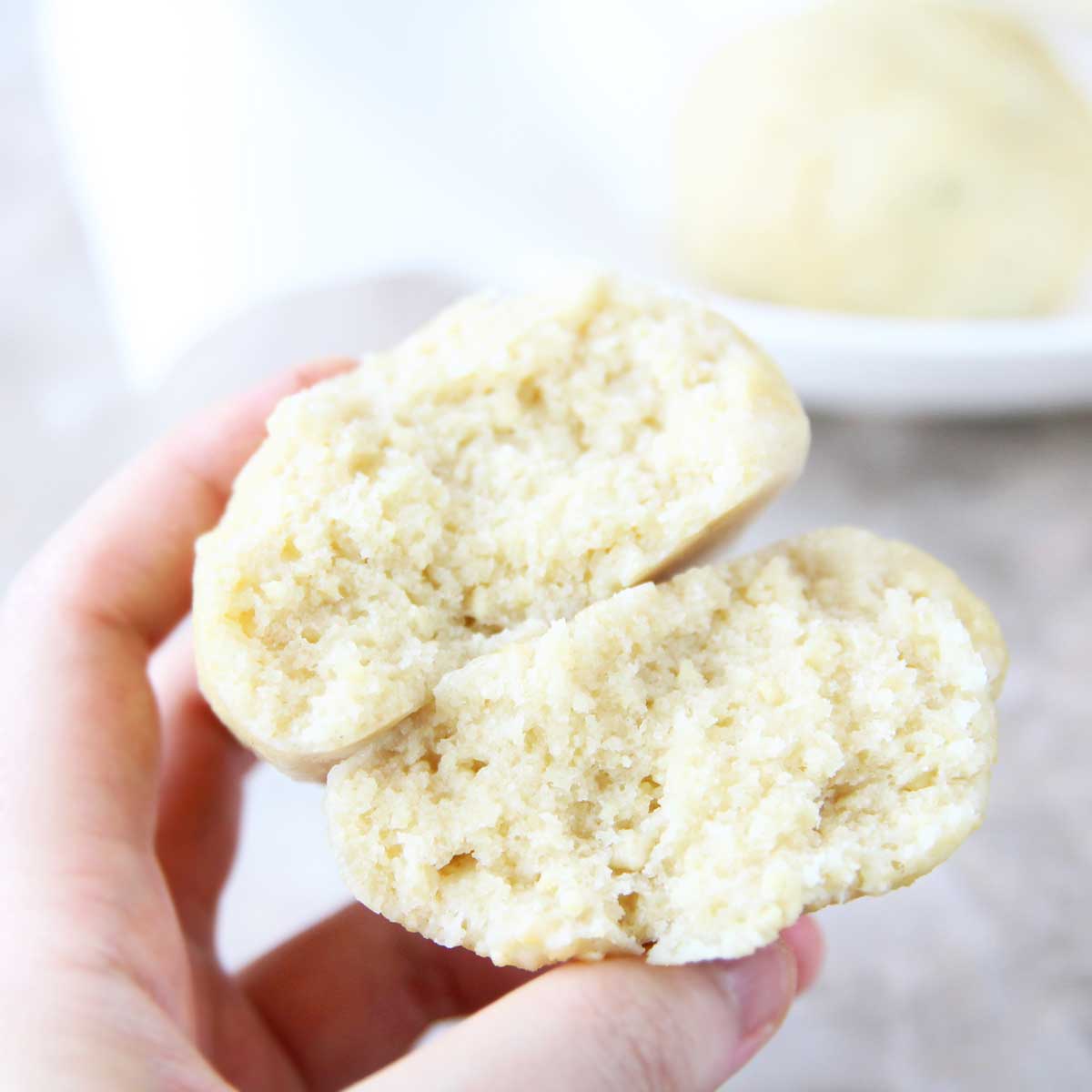

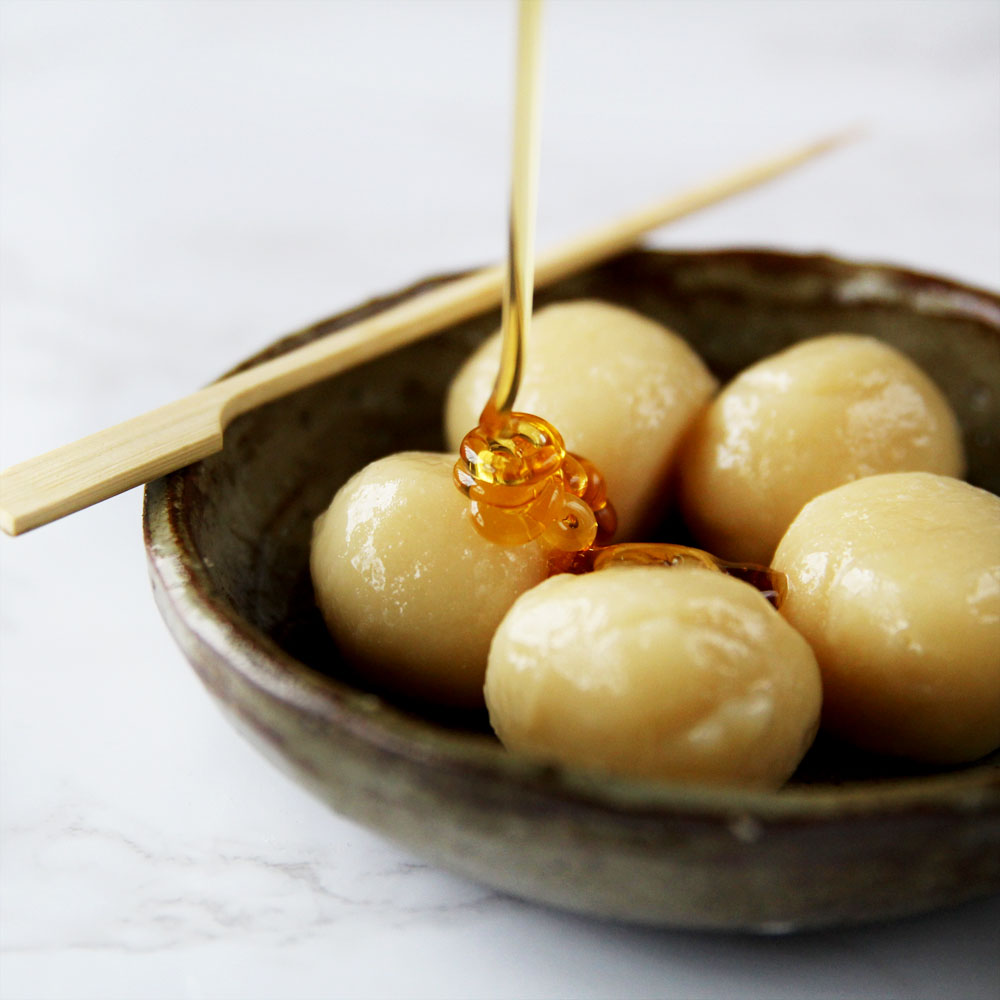



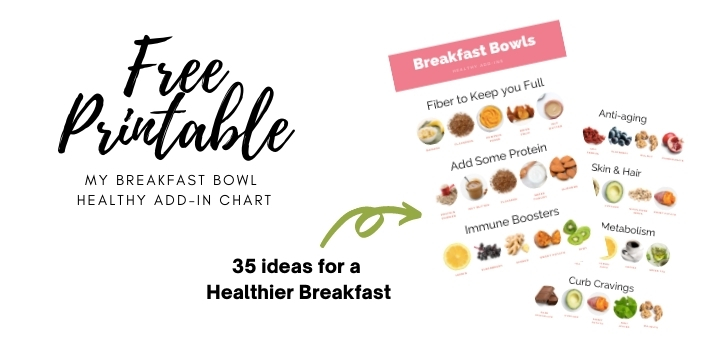
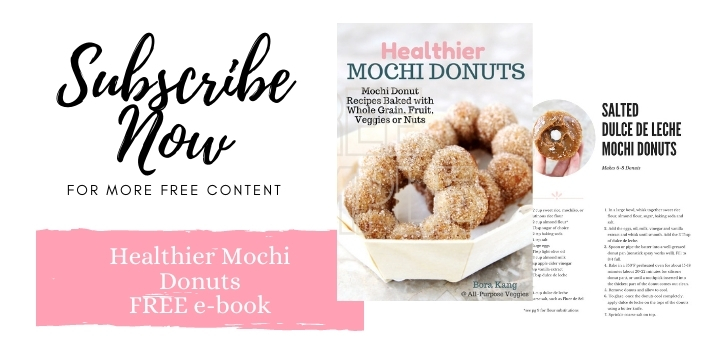
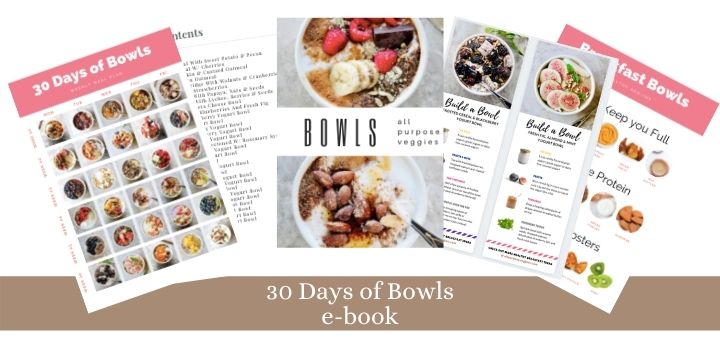
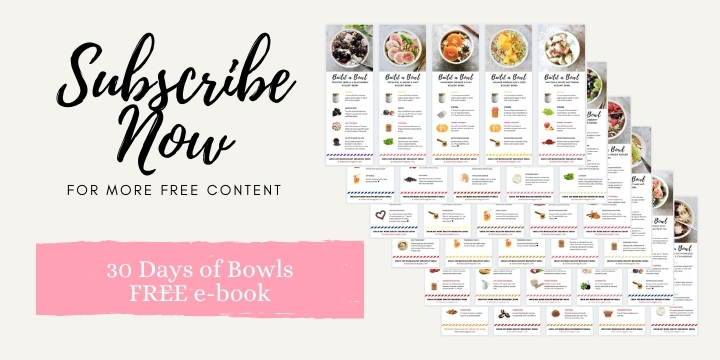

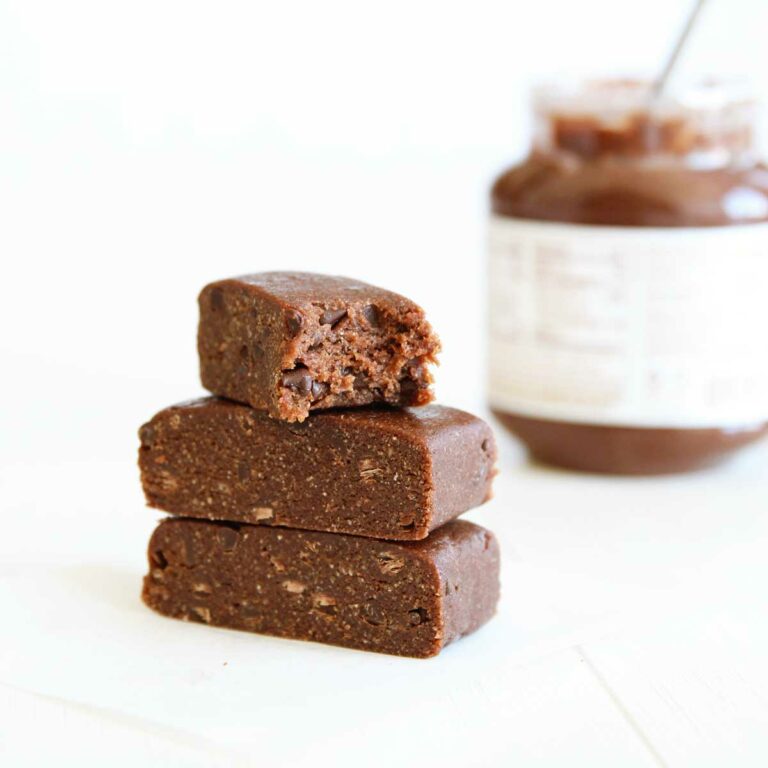
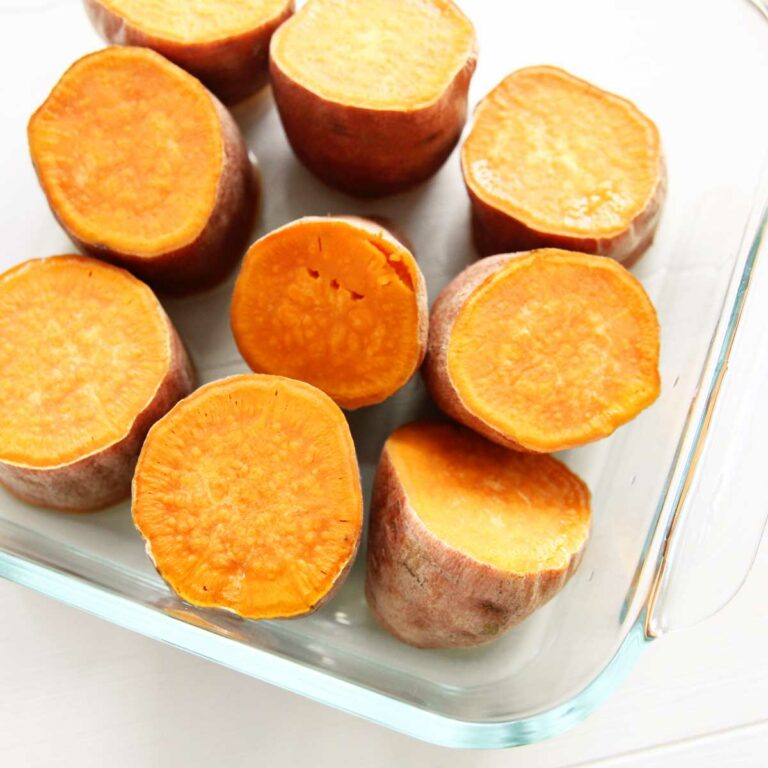

Leave a Reply